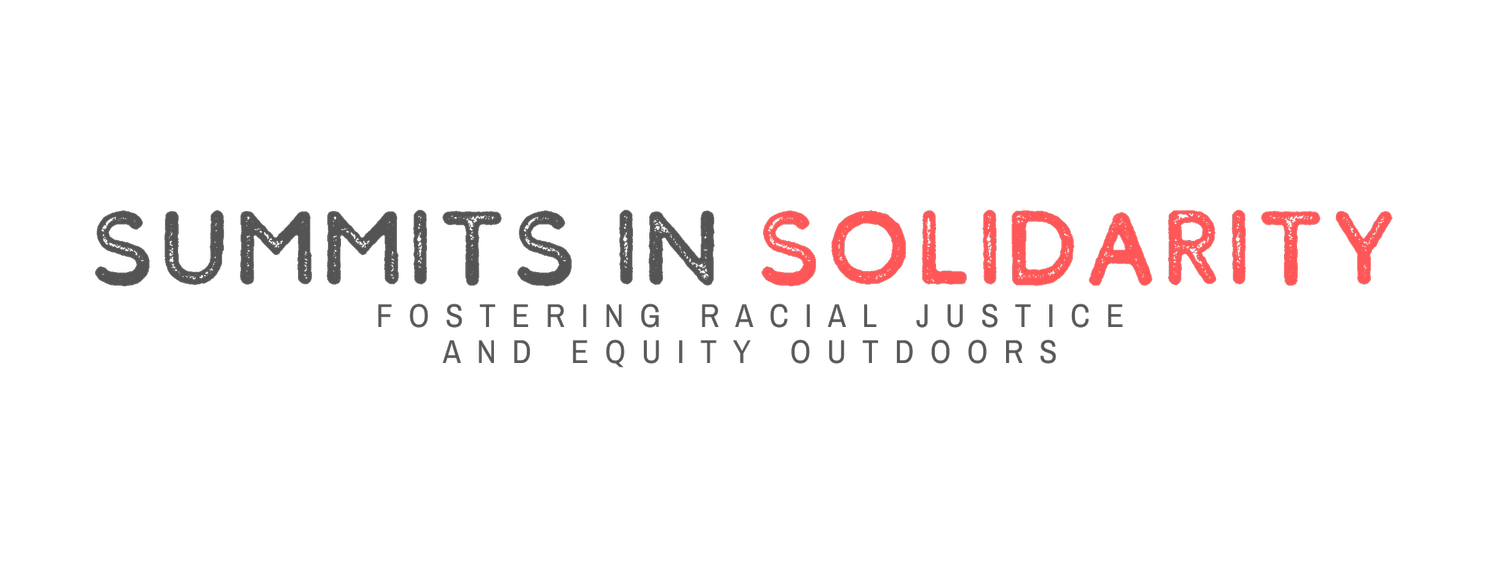Stopping Asian Hate On and Off the Trail
The following piece was written by Kathy Chau Rohn, a Vietnamese-American woman with whom we connected through her participation in the 2020 Summits in Solidarity event. Kathy is an avid hiker who has completed her NH-48 and is working on her Winter NH-48, New England 67, and a Vermont Long Trail section hike.
Author Kathy Chau Rohn hiking in Wobanadenok, land of the Abenaki (White Mountains, NH).
This has been a heavy month, year, and beyond. I am heartbroken and angered by the racist attacks on the AAPI community. Seeing others do nothing or actively turn their heads when they witness this violence is sickening. These horrific events also bring up a lot of fear for myself and for my family that does not dissipate when I head into the mountains to hike.
As a Vietnamese-American woman, I have felt deeply uncomfortable traveling through trail towns and hiking in the White Mountains, particularly in the past year (although, to be clear, anti-Asian racism has existed for far longer). For me, there are two sides of the hiking coin: the meditative and restorative aspects of nature refill my cup, but the insidious impact of racism deplete me. I do not presume that all people hold the same views based on their geographic location. However, after a year of hearing racist and xenophobic phrases like “kung flu,” I can’t help but feel scared when I see Trump flags wave in the towns I stay in or pass through on my way to hike. So, I find myself being overly friendly to others in order to prevent them from hurling racial slurs or dirty looks my way––as though this is my responsibility to bear. I have to mentally and emotionally rev myself up to enter gas stations or stores, fearing that people will think that I am a virus.
People often say that they go into nature to “get away from politics.” But, the reality for many of us is that discussing inclusion in the outdoors is not political. These are my lived experiences no matter where I am physically located or what activity I am pursuing. Recently, I was hiking far enough in front of my husband that a White hiker coming up the trail saw me hiking solo. I stepped aside to give him the right of way, smiled, and said hello. He gave me a brief and unfriendly look, did not say anything or acknowledge my presence and kept going. At first I didn’t think anything of it because I usually give people the benefit of the doubt. Maybe he was just tired, maybe he was avoiding hikers because of COVID, or maybe he had a myriad of other reasons. But, moments later, I heard him actively and jovially engage with my husband, wishing him a good hiking day in a warm voice. Why did he talk to my husband and ignore me? Is it because my husband is White? Why did he give me that look? Is it because I am Asian?
These seemingly small instances build on one another and ultimately make me question whether I belong in certain places and in the hiking community in particular. I didn’t say anything after this, just as I have not said anything about all of the times people made fun of my Vietnamese name, called me “chink,” or pulled their eyes into a slant during my lifetime. I stayed quiet out of fear that people would just say I am being overly sensitive or that anti-Asian racism doesn’t exist in the outdoors. This is the perniciousness of racism and white supremacy––they make us believe that our experiences as Asian Americans are not important. They erase us and our voices. But, I will not be silenced any longer.
We must speak out and share our stories, even if it is uncomfortable. We must include Asian Americans in our anti-racism. We must unite and work across racial groups to dismantle systems of oppression to make all spaces truly accessible and welcoming for all. Right now, we are falling short. Stopping AAPI hate must happen everywhere, including in the outdoor community.


